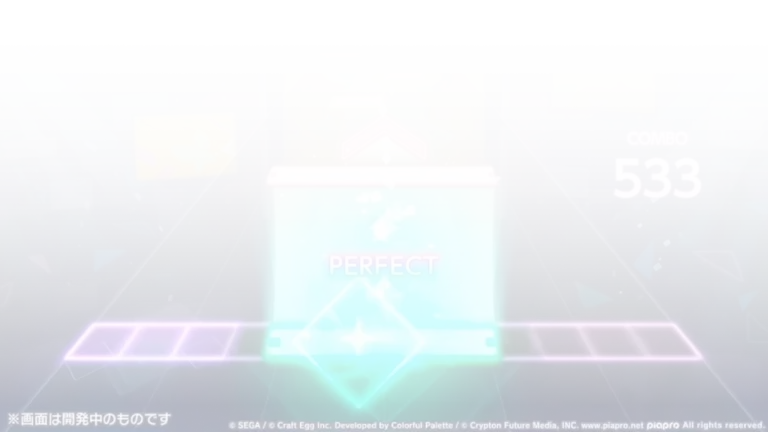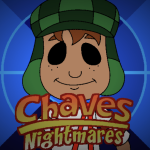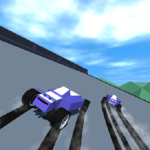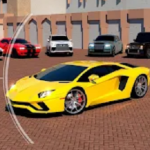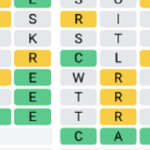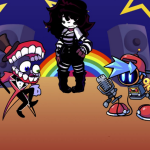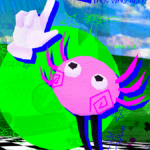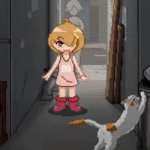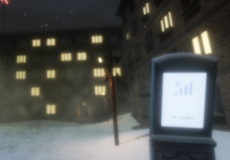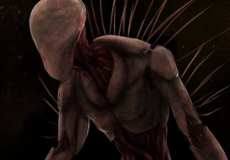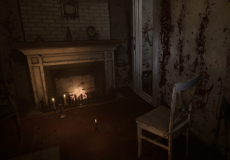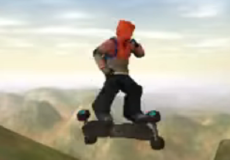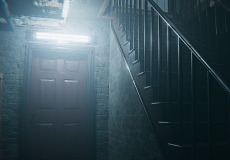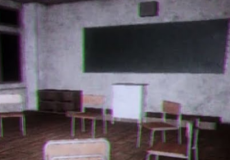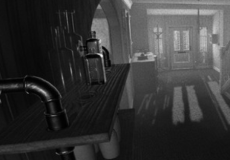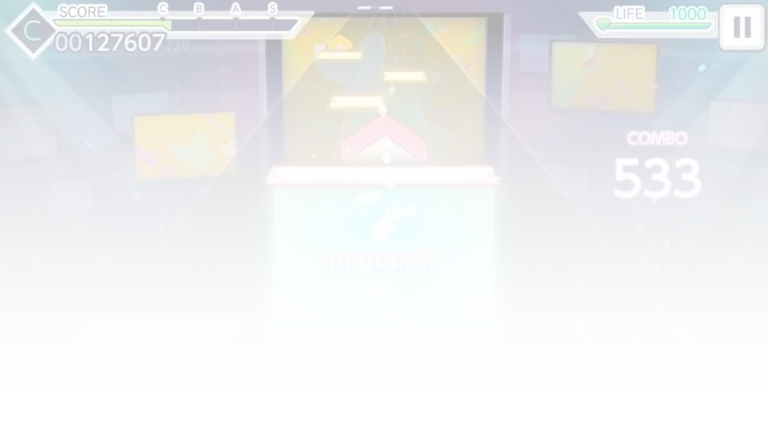
MIDNIGHT POSTMAN
Advertisement
In Midnight Postman, you work nights delivering packages through quiet city blocks. The job is simple—knock, hand off, move to the next address. You wear your uniform, check your list, and keep to your route. The streets are empty, and the buildings all look the same. It’s the kind of repetition that flattens thought. Most deliveries happen without words. A nod, a door closing. But Midnight Postman changes tone when one house keeps you longer than expected.
Advertisement
Similiar games
In Midnight Postman, you work nights delivering packages through quiet city blocks. The job is simple—knock, hand off, move to the next address. You wear your uniform, check your list, and keep to your route. The streets are empty, and the buildings all look the same. It’s the kind of repetition that flattens thought. Most deliveries happen without words. A nod, a door closing. But Midnight Postman changes tone when one house keeps you longer than expected.
One Street, Too Silent
There’s nothing unusual at first in Midnight Postman. A customer opens the door. They speak more than most. Their questions are small talk, but something doesn’t line up. You leave, continue down the road, but the silence feels different now. Traffic lights still change, but no cars come. Houses are lit, but windows are blocked. The street begins to feel distant, like a place left behind or paused. You start to wonder how long this route in Midnight Postman really is.
Movement, Tools, and Routine
Midnight Postman controls are minimal, but they reinforce awareness. You walk, pause, deliver, repeat. It’s designed to keep your attention on movement, sound, and subtle visual change. There are no weapons or combat mechanics. The player delivers parcels, reads labels, and listens to dialogue.
Your actions in Midnight Postman include:
· Walking door to door
· Delivering packages and mail
· Speaking to residents or strangers
· Reading address slips and notes
· Observing light and audio cues
Nothing flashy happens, but repetition sharpens focus.
A Pattern You Can’t Break
Each new stop in Midnight Postman becomes harder to interpret. You begin to see objects repeat. Addresses change. A house you passed earlier appears again. One of the names on your route matches a voice from before. You continue walking because that’s what the job requires. But Midnight Postman begins to suggest that the route itself may not lead anywhere definite.
The Exit Isn’t on the Map
Eventually in Midnight Postman, the night begins to fold into itself. Deliveries loop. Conversations shift between familiar and strange. You consider stepping off the path, skipping the last house, refusing to finish. But that’s not how the game ends. Midnight Postman leads you forward until either the night ends or something else does. What you’re escaping from is never defined. What you’re walking into, even less so.
Discuss MIDNIGHT POSTMAN
